Welcome to Daily Banking Digest, your premier source for the latest news and insights on February 12, 2024, focusing on banking, the economy, and finance. Our platform offers a comprehensive overview of the day’s most critical financial stories, market trends, and economic developments. Whether you’re a professional in the financial sector, an investor monitoring market movements, or someone interested in staying informed about the economic landscape, Daily Banking Digest provides reliable, up-to-date information.
Download PDF From Here
Table of Contents
Banks seek RBI immunity to deal with Paytm biz.
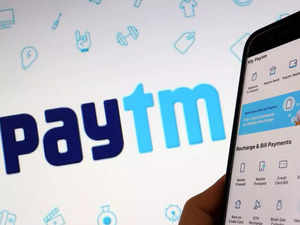
Paytm Payments Bank is facing a critical situation as it approaches the deadline to cease operations, with its parent company One97 Communications Ltd struggling to ensure service continuity. The bank has been unable to address major issues like opening nodal accounts with other banks and transitioning its merchants. Banks are resistant to associating with Paytm due to its KYC compliance lapses, and they’re seeking immunity or exemptions from the RBI before taking on Paytm’s customers.
Key Points:
- Paytm Payments Bank has less than three weeks before it must stop operating.
- The bank has not made progress in opening nodal accounts or migrating merchants to other banks.
- Banks are hesitant to collaborate with Paytm due to significant KYC non-compliance issues.
- Financial institutions have asked the RBI for time to complete KYC checks or immunity for taking on Paytm’s customers.
- An upcoming FAQ release by the RBI is expected to address these issues.
- Paytm has a large merchant base of over 320 million, making it difficult to complete all KYC processes promptly.
- Paytm has requested an extension from the RBI, but it’s uncertain which requests the regulator will honor.
- Granting immunity to banks for Paytm’s issues would be an unprecedented move by the RBI.
Net direct tax collection surges 20%, reaches over 80% of revised estimates on better compliance, PIT.
The Income Tax Department reported a significant increase in net direct tax collections, with over 20% growth from April 1 to February 20 of the fiscal year 2023-24, driven by improved compliance and a surge in Personal Income Tax (PIT) collections. This growth has brought the collections to over 80% of the revised estimates for the year.

Key Points:
- Net direct tax collections grew by over 20% during the fiscal year 2023-24, up to February 20.
- The Union Budget increased the direct tax collection target to ₹19.45 lakh crore.
- Collections so far have reached ₹15.60 lakh crore, 20.25% higher than the previous year.
- The PIT growth outpaced Corporate Income Tax (CIT), with PIT net collection rising over 27%.
- Refunds totaling ₹2.77 lakh crore have been issued in the same period.
- Reforms such as expanding TDS/TCS and the introduction of an e-verification scheme have contributed to better tax collection.
- PAN is now integrated with several government services and has been linked with Aadhaar, with 58.76 crore connections as of December 31, 2023.
- The new CPC 2.0 project aims to improve e-filing and processing of Income Tax Returns.
- As of December 31, 2023, 8.18 crore ITRs have been filed for AY 2023-24, with 8 crore verified, marking a 9% increase from the previous year.
Duty concession on gold will be major concern for India under proposed FTA with Peru: GTRI

India is grappling with the issue of duty concessions on gold imports from Peru as part of the ongoing negotiations for a free trade agreement. Gold makes up a large portion of India’s imports from Peru, and even slight tariff reductions could greatly increase these imports. The talks, which have seen interruptions due to the pandemic, aim to reduce or eliminate customs duties and facilitate trade between the two nations.
Key Points:
- Gold, which represents 80% of India’s imports from Peru, is a contentious point in the free trade agreement talks.
- Gold attracts a 10% customs duty in India, and the Global Trade Research Initiative (GTRI) suggests that minor tariff concessions could lead to a significant rise in imports.
- The India-UAE free trade agreement led to a doubling of gold imports from the UAE, indicating potential effects of a similar agreement with Peru.
- India’s current applied gold tariff is 10%, while the bound duty is 40%; any FTA must consider these in light of WTO rules.
- Peru has existing trade agreements with major economies and groups, featuring low tariff barriers, which could limit market access for Indian products.
- Bilateral trade between India and Peru amounted to USD 3.12 billion during 2022-23, with India’s exports at USD 866 million and imports at USD 1.4 billion.
- Indian exports to Peru are diverse, while imports are primarily gold, copper ores, and concentrates.
- Peru is interested in exporting agricultural products and minerals to India.
- The significant difference in the GDPs and the scope of global trade between India and Peru indicates an imbalance in economic size and trade volumes.
Israel’s Tower proposes $8 bln chip plant in India – report.
Tower Semiconductor from Israel has proposed to the Indian government the establishment of a new $8 billion semiconductor manufacturing facility in India. The company aims to produce 65nm and 40nm chips, contingent on receiving government incentives. This initiative aligns with Prime Minister Modi’s agenda to boost chip manufacturing in India, despite previous challenges with incentive-based proposals in the sector.

Key Points:
- Tower Semiconductor plans to build a chipmaking plant worth $8 billion in India.
- The company is seeking government incentives for the project.
- The proposed facility would manufacture 65nm and 40nm semiconductor chips.
- There has been no immediate comment from the company or India’s IT ministry.
- India’s efforts to attract semiconductor manufacturers with incentives have faced setbacks.
Xiaomi says India’s scrutiny of Chinese firms unnerves suppliers: Report
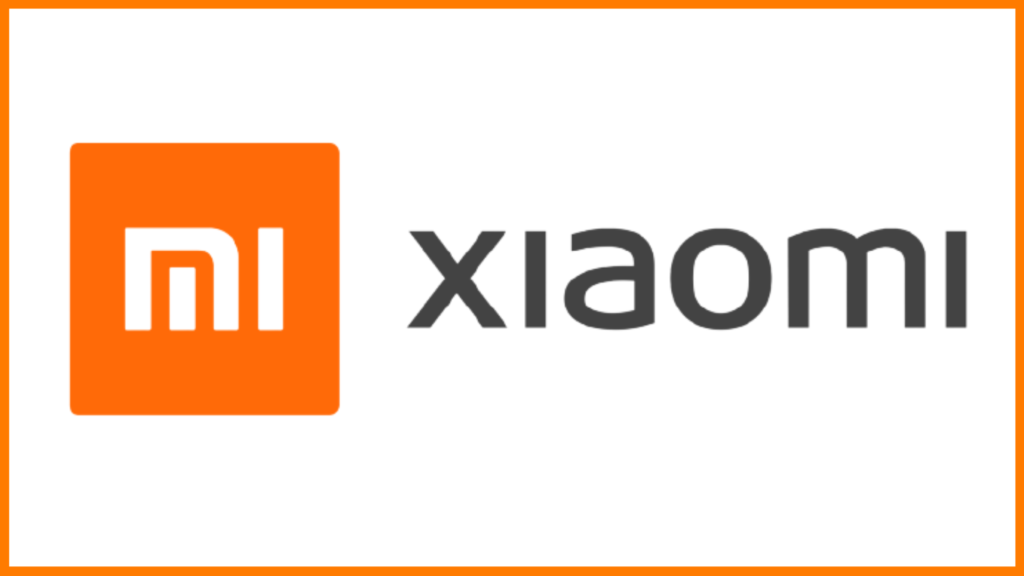
Xiaomi, a leading smartphone brand in India, has expressed concerns to the Indian government about the challenges faced by Chinese smartphone component suppliers in setting up operations in India. This hesitation is due to increased scrutiny by the government following a 2020 border clash. Xiaomi is seeking manufacturing incentives and a reduction in import tariffs to enhance India’s competitiveness in smartphone manufacturing.
Key Points:
- Xiaomi holds the largest market share in India’s smartphone sector at 18%.
- The company has communicated apprehensions of smartphone component suppliers about setting up in India, mainly due to the scrutiny on Chinese firms.
- Xiaomi has suggested that India offer manufacturing incentives and reduce import tariffs on certain components to boost local production.
- The concerns stem from compliance, visa issues, and other unspecified challenges.
- India has heightened scrutiny of Chinese businesses following the 2020 border conflict, impacting investment and operations of Chinese companies like Vivo and Xiaomi.
- Xiaomi assets worth over $600 million have been frozen by Indian authorities over alleged illegal remittances.
- India has banned Chinese apps and halted some projects from Chinese companies since 2020.
- Xiaomi requests further reduction in import tariffs following a recent cut by India on specific components.
- India might ease the heightened scrutiny on Chinese investments if border tensions ease.
Digital competition law committee asked to consider MCA’s draft bill
The Ministry of Corporate Affairs in India is developing a Digital Competition Bill that includes provisions for interoperability, data sharing, and portability among digital entities. This initiative, inspired by the EU’s digital markets law, is part of a broader effort to regulate Systemically Important Digital Intermediaries (SIDIs) and prevent anti-competitive practices in the digital market.

Key Points:
- The draft Digital Competition Bill mandates interoperability and data sharing among digital platforms.
- The proposed law aims to define and regulate SIDIs based on qualitative and quantitative measures.
- The draft is influenced by the European Union’s digital markets legislation.
- The bill includes ex-ante regulations, which are preventative rules to deter anti-competitive behavior before it occurs, in contrast to the ex-post regulations in the current Competition Act.
- A parliamentary committee has highlighted the need for a transparent digital ecosystem and tighter regulations for SIDIs.
- The draft bill comes amid global concerns over the market dominance of large tech companies.
- A committee led by Manoj Govil was established in February 2023 to create the bill but has yet to reach a consensus after several extensions.
Confident on global economic outlook despite uncertainties: IMF’s Georgieva
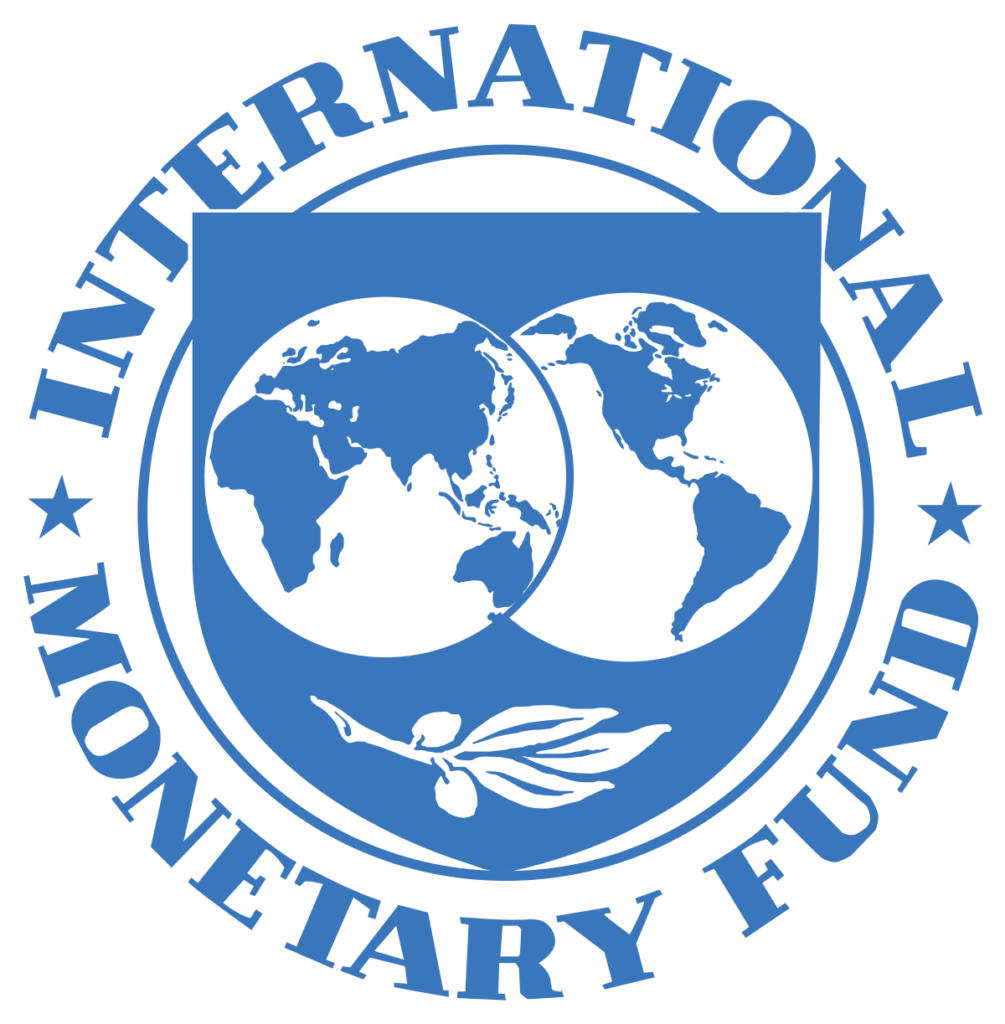
Kristalina Georgieva, the IMF’s managing director, expressed optimism about the global economic outlook at the World Government Summit in Dubai, despite geopolitical and wartime uncertainties. She highlighted the global economy’s resilience and referenced an upcoming IMF paper on the benefits of phasing out energy subsidies in the Middle East.
Key Points:
- Georgieva is optimistic about the global economic future amidst current geopolitical tensions.
- An IMF paper suggests that removing energy subsidies could save $336 billion in the Middle East.
- Eliminating these subsidies could also reduce pollution and increase social spending.
- The IMF has downgraded its growth forecast for the Middle East and North Africa to 2.9% for this year.
- Georgieva commented on the economic risks of the conflict in Gaza, indicating potential exacerbation of economic damage if the conflict widens.
FinMin rejects proposal to double minimum pension amount under EPS.
The Union finance ministry has declined a proposal from the labour ministry to double the minimum monthly pension under the Employee Pension Scheme (EPS) from Rs 1,000 to Rs 2,000. This decision was disclosed during the Employee Provident Fund Organisation’s (EPFO) central board of trustees meeting.
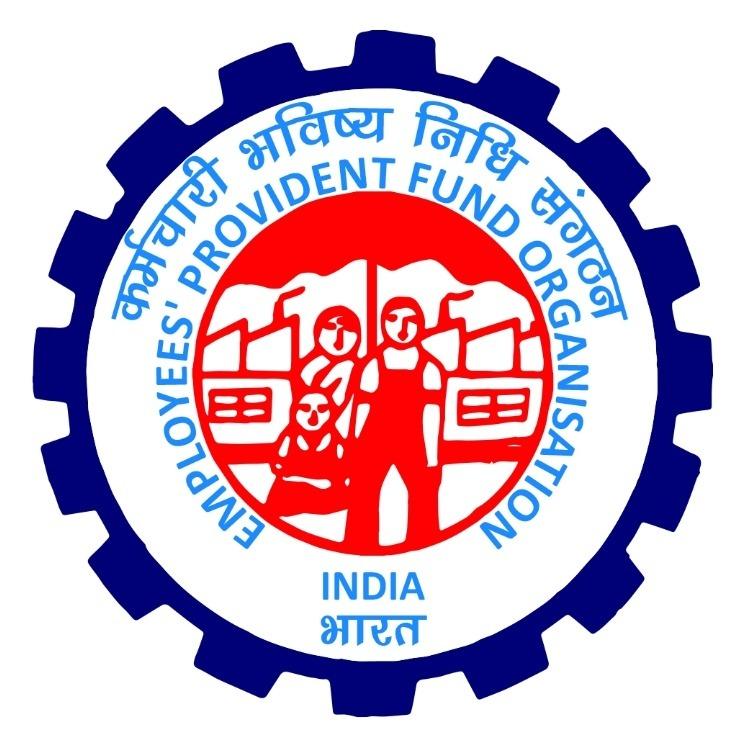
Key Points:
- The finance ministry did not agree to increase the minimum pension amount under the EPS as proposed.
- The EPFO’s latest data shows that a significant number of pensioners receive a monthly pension of Rs 1,000 or less.
- The EPS is a self-funded scheme with contributions from employers and a small contribution from the central government.
- In 2014, the central government increased the minimum pension to Rs 1,000 through budgetary support due to widespread demand.
- The parliamentary standing committee on labour had deemed the Rs 1,000 monthly pension inadequate and called for increased budgetary support.
- The EPFO’s latest meeting recommended an interest rate of 8.25% for FY 2023-24, expecting to maintain a surplus with this rate.Top of Form
IBBI mandates fortnightly status reports from liquidators on delayed liquidation processes
The Insolvency and Bankruptcy Board of India (IBBI) has updated its regulations to require liquidators to submit detailed fortnightly reports if they fail to complete the liquidation process within the designated periods of 90 or 270 days. These measures aim to enhance efficiency and adherence to timelines in the voluntary liquidation process.

Key Points:
- Liquidators must now provide status reports every two weeks explaining any delays beyond the 90 or 270-day liquidation periods.
- These reports must include reasons for the delays and estimated additional time needed to complete the liquidation.
- The regulation aims to ensure better monitoring and drive efficiency in the liquidation process.
- Directors must disclose any ongoing proceedings or assessments and confirm that provisions for potential obligations have been made.
- Stakeholders can claim funds from the Corporate Voluntary Liquidation Account even before the dissolution of the corporate entity.
- The IBBI’s amendments are designed to facilitate ease of business, including the process of exiting a business.
NCGTC forensic audit of Bandhan Bank examining evergreening of loans.
The National Credit Guarantee Trustee Company (NCGTC) is conducting a forensic audit on Bandhan Bank’s loan portfolio, specifically targeting ₹23,300 crore worth of loans under credit guarantee schemes, due to concerns over loan evergreening and fictitious accounts.
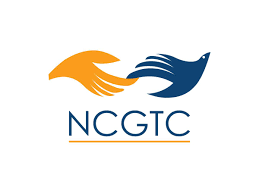
Key Points:
- The forensic audit will examine potential window-dressing or evergreening of loans within Bandhan Bank’s entire loan portfolio covered by credit guarantee schemes, not just non-performing assets.
- The portfolios under scrutiny include ₹20,800 crore under the Credit Guarantee Fund for Micro Units (CGMFU) and ₹2,500 crore under the Emergency Credit Line Guarantee Scheme (ECLGS).
- Bandhan Bank has already received insurance claims and has disbursed and largely recovered loans under these schemes.
- The audit aims to identify trends and patterns that could indicate inflated figures due to fictitious customers.
- There has been a significant claim payout ratio, which is unusual compared to the general expected loss on such portfolios.
- Loans under CGFMU account for a significant portion of Bandhan Bank’s microfinance loan book.
- A new senior supervisory manager from the RBI’s Mumbai office has been appointed at Bandhan Bank.
- Bandhan Bank contends that previous observations from the initial audit were inadequate and has been cooperating with the ongoing detailed audit, expressing confidence in recovering the funds from CGFMU.
CAIT urges CCI intervention against e-comm giants Amazon, Flipkart
The Confederation of All India Traders (CAIT) has urged the Competition Commission of India (CCI) to prioritize the Delhi Vyapar Mahasangh case against Flipkart and Amazon, citing their anti-competitive practices which CAIT claims are affecting the livelihoods of many Indian retailers.
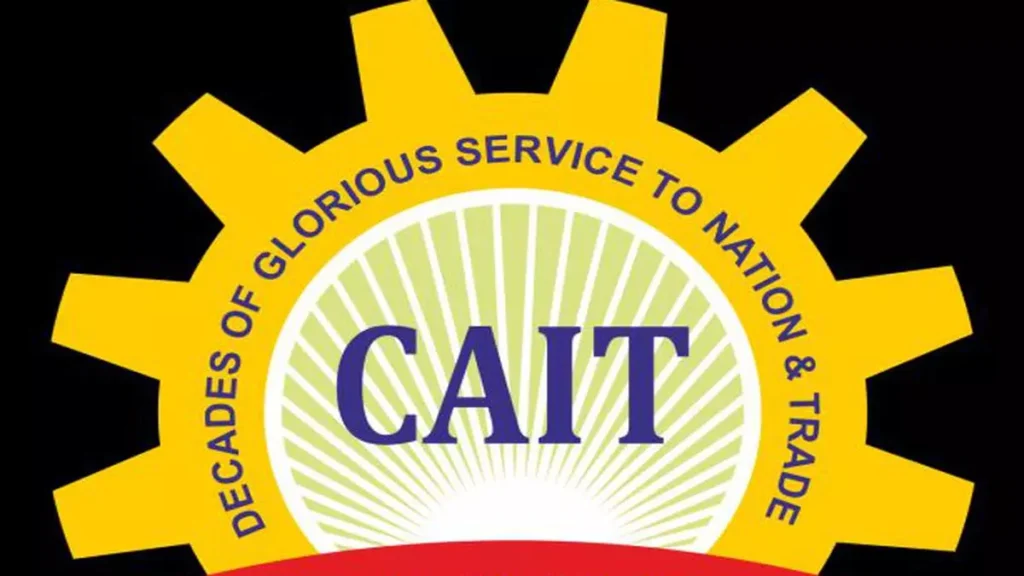
Key Points:
- CAIT has requested the CCI to expedite its decision and penalize Flipkart and Amazon for their alleged illegal activities.
- The case filed by Delhi Vyapar Mahasangh in November 2019 accuses Flipkart and Amazon of anti-competitive practices that harmed the businesses of many CAIT members.
- CAIT alleges that these e-commerce giants have monopolized mobile phone sales through exclusive launches and created entities primarily for invoicing to mask direct sales.
- According to CAIT, the majority of sales on these platforms are controlled by affiliated sellers, while many other registered sellers do not contribute significantly to the platforms’ turnover.
- CAIT estimates that the continuation of these practices leads to a monthly loss of ₹25,000 crore for traditional retailers and small traders.
- Flipkart and Amazon have reportedly delayed the investigation by over 20 months through litigation, but CAIT states that the investigative report has now been completed and submitted.
NCLT approves Indian Sugar Manufacturing’s acquisition by Sri Dutt Biofuels Pvt Ltd

The National Company Law Tribunal (NCLT) has sanctioned the acquisition of Indian Sugar Manufacturing Company Ltd by a consortium of Shri Dutt India Pvt Ltd and Shri Dutt Biofuels Pvt Ltd for ₹175 crore. This resolution plan was agreed upon despite the company’s liabilities totaling ₹523 crore.
Key Points:
- The consortium’s offer to buy Indian Sugar Manufacturing was previously accepted by all its lenders.
- The court’s order makes the resolution plan obligatory for all stakeholders, including government authorities owed dues.
- The move to initiate insolvency proceedings was brought by financial creditor Saisidha Sugar Equipments & Engineering Company due to unpaid dues of over ₹71 crore.
- Major lenders of the company include the Sugar Development Fund, State Bank of India, and cooperative banks from Thane and Karnataka.
- The resolution plan promises full payment of dues to the company’s employees and workers.
- Shri Dutt Biofuels, part of the acquiring consortium, also holds a financial interest in the company, with about 17.86% voting share in the creditors’ committee.
- The resolution plan received unanimous support from lenders and proposes to cover approximately 25.68% of the total claimed amounts.
- Post-acquisition, the focus may shift to building branded product communities to stabilize against market volatility and improve market presence, drawing parallels with successful brands like ‘Madhur’ and ‘Mishti’ in the sugar industry.
Paytm gets merchants’ backing; assures service continuity without disruption.
One97 Communications, the parent company of Paytm, has affirmed uninterrupted service continuity to its merchant partners despite the Reserve Bank of India’s restrictions on Paytm Payments Bank Limited (PPBL). The company has communicated its capacity to transition services to other partner banks seamlessly, ensuring no disruption to their merchant services.

Key Points:
- Paytm has addressed concerns raised by the recent RBI directive that prevents PPBL from adding new customers or accepting new money into customer accounts after February 29.
- Customers can continue to withdraw or use the funds in their accounts without restrictions.
- Paytm has the infrastructure to move backend services provided by PPBL to other partner banks, maintaining smooth operations for merchants.
- Paytm’s payment solutions, including QR codes, Soundbox, and card machines, will function as usual.
- The blog cites positive feedback from leading companies and industry players, who vouch for the effectiveness of Paytm’s services.
- The endorsement from business leaders reflects Paytm’s significant impact on India’s fintech landscape, positioning it as a dependable business partner.
UPI, RuPay card to be launched in Sri Lanka, Mauritius on February 12
India is set to launch its Unified Payments Interface (UPI) in Sri Lanka and Mauritius, as announced by the Centre. This initiative, witnessed by the leaders of the respective countries, will facilitate seamless digital transactions for Indians traveling to these countries and vice versa. Additionally, Mauritius will also introduce RuPay card services, expanding the card’s utility for settlements in both India and Mauritius.

Key Points:
- UPI launch in Sri Lanka and Mauritius is scheduled for Monday, with the Indian Prime Minister and the leaders of the two countries in attendance.
- The launch will provide UPI transaction services to Indian nationals in Sri Lanka and Mauritius, as well as to Mauritian nationals visiting India.
- RuPay card services will be introduced in Mauritius, allowing local banks to issue RuPay cards for use in Mauritius and India.
- This move is part of India’s efforts to share its fintech innovations and enhance digital connectivity with other nations.
- The launch will strengthen cultural and economic ties between India, Sri Lanka, and Mauritius by improving the digital transaction experience for a broad audience.
- India previously established a similar cross-border payment linkage with Singapore, connecting UPI with Singapore’s PayNow system.
Course Correction. The promise of voluntary carbon market
India’s Power Ministry, in consultation with the Bureau of Energy Efficiency, has updated the Carbon Credit Trading Scheme (CCTS) to include an offset mechanism, which complements the existing compliance regime under the expanded Energy Conservation Act. This amendment allows both legally obligated entities and voluntary participants to trade in carbon credit certificates to reduce greenhouse gas emissions.
Key Points:
- The CCTS amendment introduces a voluntary offset mechanism alongside the mandatory compliance market.
- Obligated entities are required to reduce emissions, while voluntary markets allow businesses to offset emissions without legal mandates.
- Non-obligated entities can now register projects to generate tradable carbon credit certificates, which reflect a reduction of one tonne of carbon dioxide equivalent.
- The scheme aims to decarbonize India’s economy by allowing for emissions trading, where companies can buy or sell excess credits.
- Voluntary carbon markets enable businesses to trade in carbon credits and invest in emission-reducing projects for ethical, social, or business reasons.
- The BEE may consider allowing energy saving certificates and renewable energy certificates to trade as offsets to promote innovation in carbon reduction technologies.
Rooftop solar scheme calls for ecosystem changes.
The Indian government has launched the PRADHAN MANTRI SURYODAY YOJANA (PMAY) to provide rooftop solar panels to 10 million low and middle-income households, offering free electricity up to 300 units per month and the option to sell excess solar energy. This scheme is expected to significantly increase the uptake of rooftop solar installations in India, complementing the country’s push towards energy security and a low-carbon economy.

Key Points:
- PMSY targets the installation of rooftop solar (RTS) systems for energy security and economic benefits.
- Beneficiaries of PMSY can receive free electricity and earn by selling surplus solar energy.
- India’s technical potential for residential RTS is estimated to be around 637 GW.
- Subsidies have been increased for grid-connected residential RTS installations.
- The scheme aligns with the upcoming time of day (ToD) tariffs, encouraging solar energy usage.
- PMSY requires a substantial scale-up in the end-to-end supply chain to meet the new solar capacity.
- There is a need for enhanced training for individuals in the solar value chain and consumer education.
- The scheme necessitates the creation of a digital repository for better grid integration.
- Upgrades in the power supply chain and cybersecurity measures are crucial for the scheme’s success.
- Diverse state policies require harmonization and stakeholder engagement for optimal solar adoption and Discoms’ financial viability.
- Effective execution of PMSY could establish India as a leader in sustainable economic growth
EPFO plans to set up actuary, hire more staff
The EPFO is revamping its pension division due to an increased workload following the Supreme Court’s order on higher pensions in 2022. The organization plans to create an in-house actuarial team and hire more staff. Exempted establishments might be asked to contribute to the administrative costs involved in processing the higher pension.
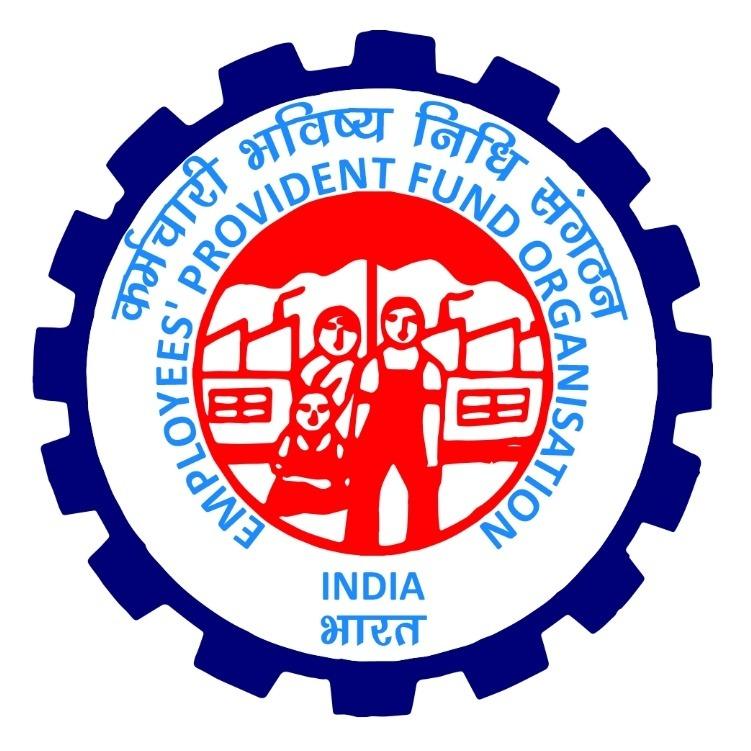
Key Points:
- EPFO’s pension division overhaul is in response to the Supreme Court’s 2022 directive for higher pensions.
- An in-house actuary setup is being considered to manage the ongoing assessment of pension fund impacts due to the court order.
- The EPFO recognizes the need for additional staff as many employees eligible for higher pensions are still working.
- The administrative costs for computing and processing higher pensions may be passed on to exempted establishments, which currently pay less compared to the workload generated by them.
- As of December 15, 2023, the EPFO had received 1.74 million applications for higher pensions, with a significant number of applications pending and some rejected based on the cut-off date set by the court.

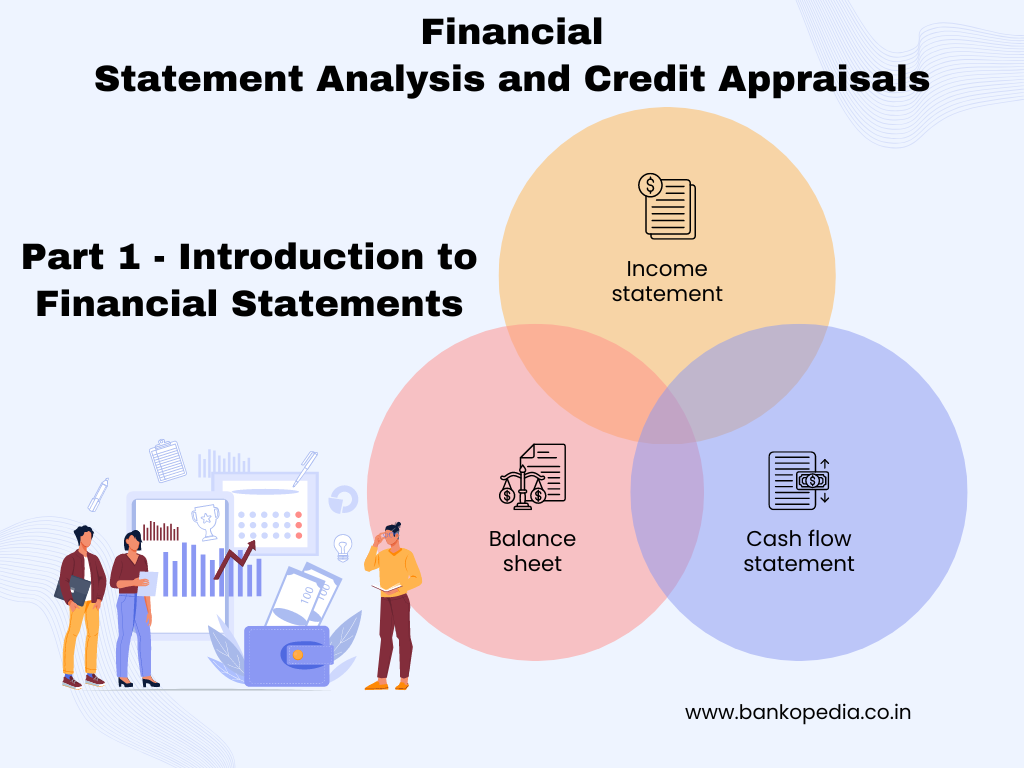



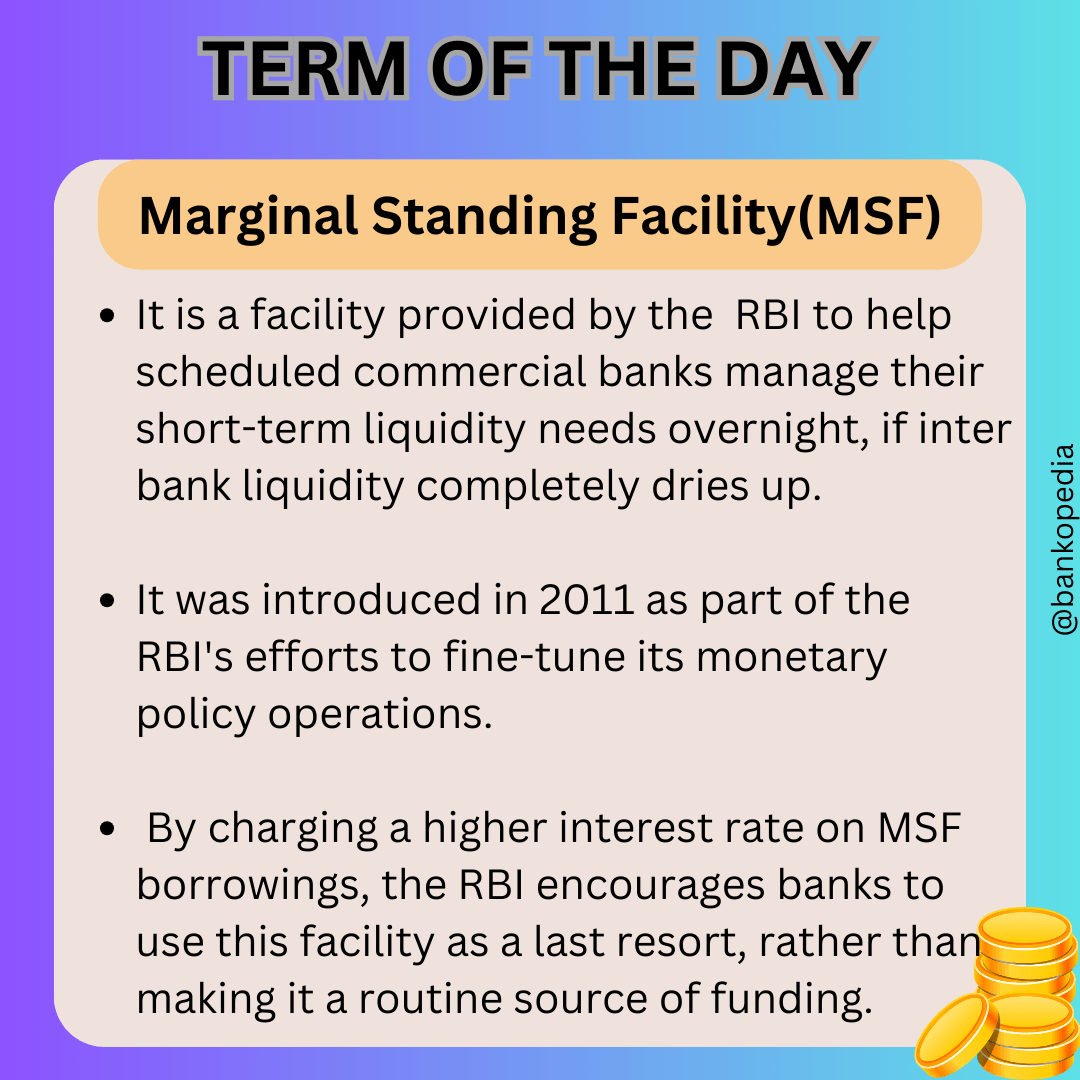
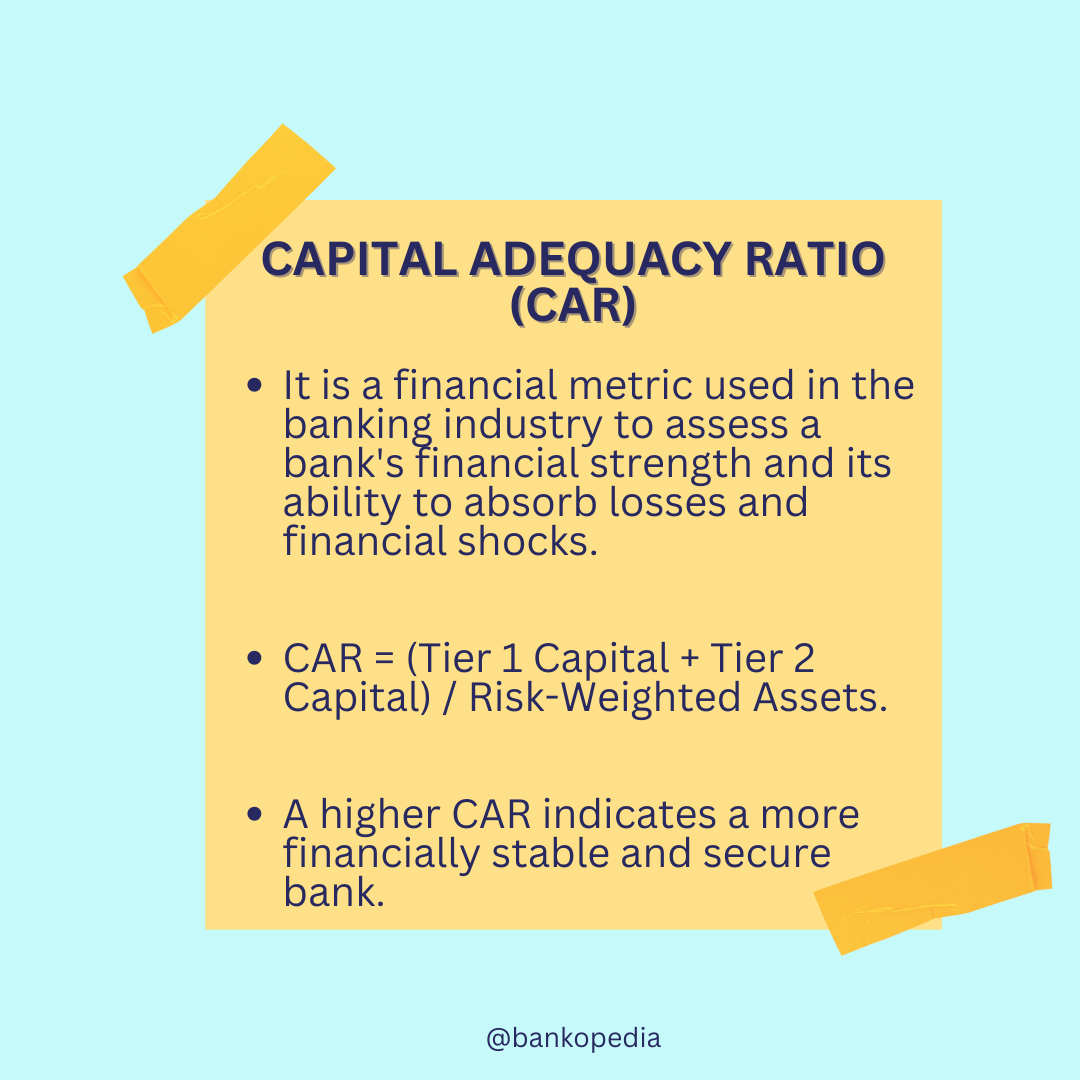
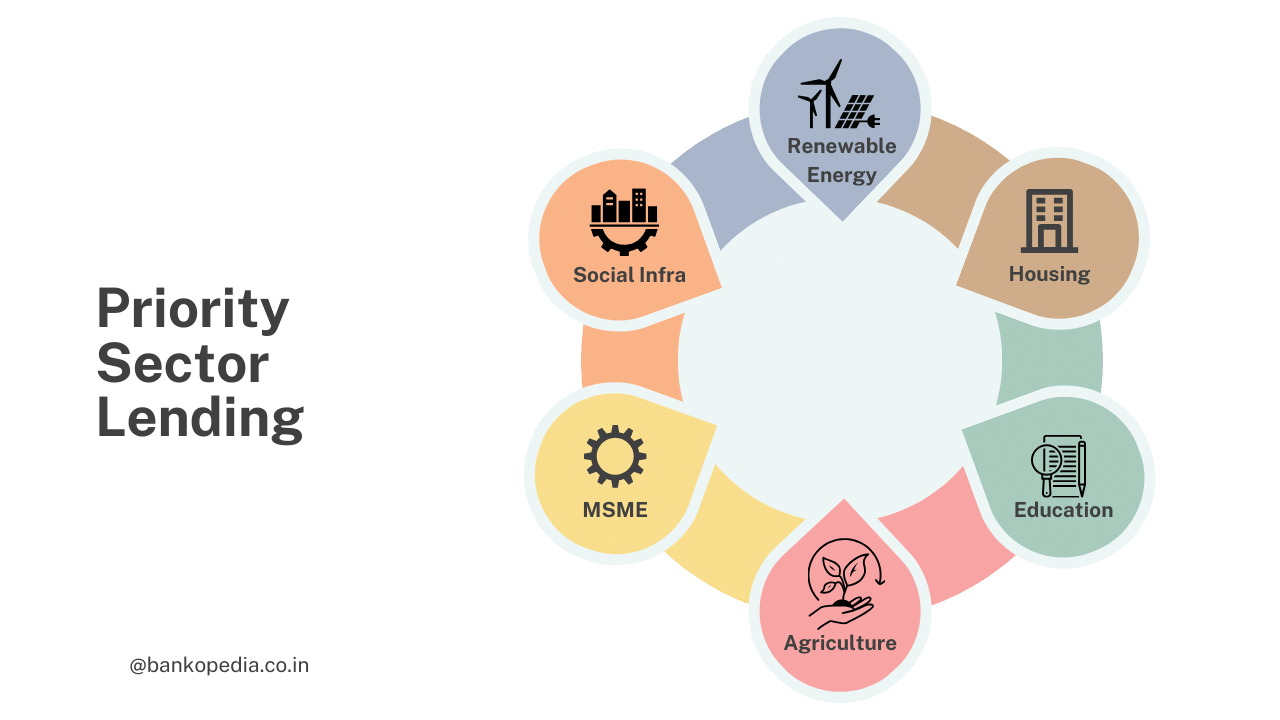
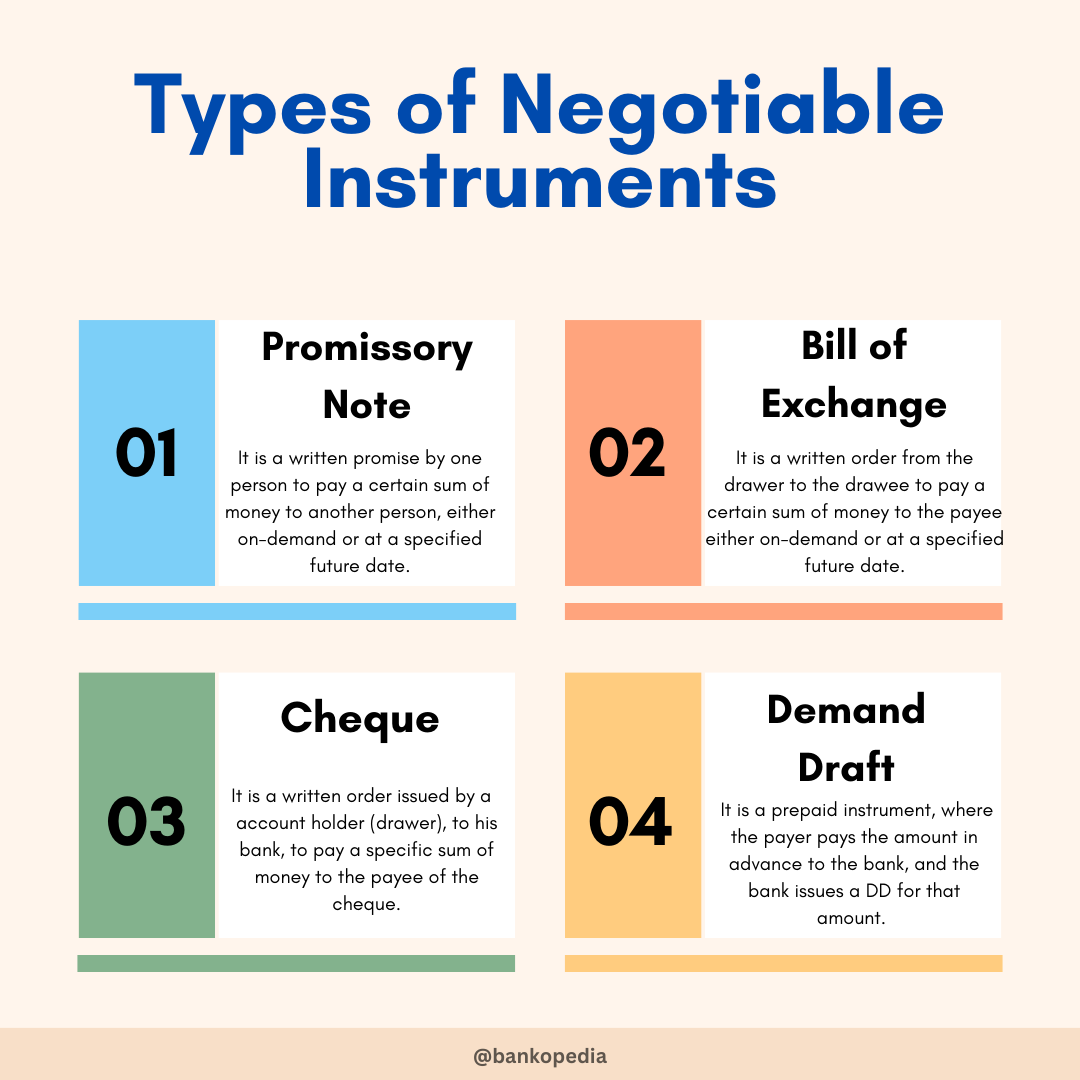

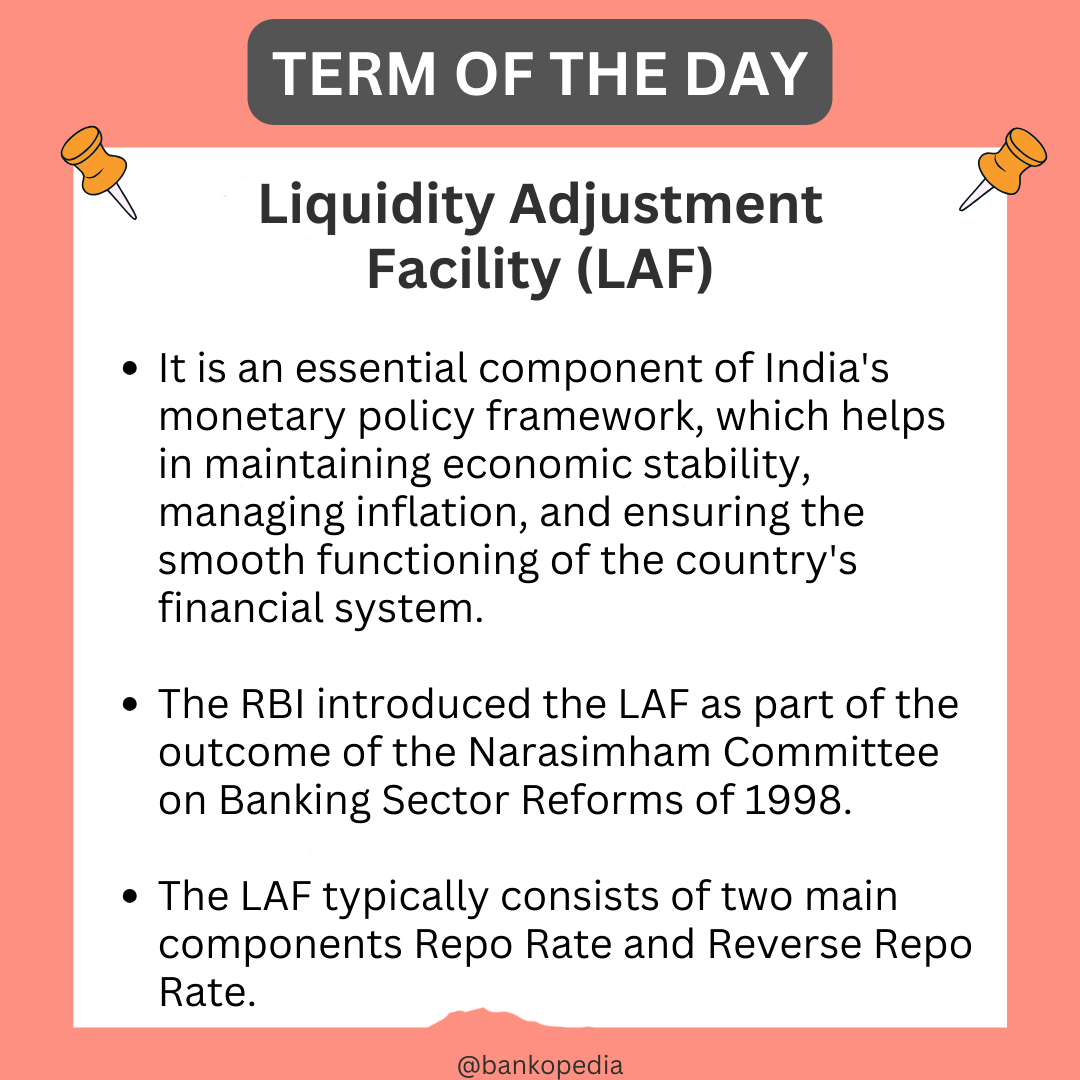

1 thought on “Daily Banking Digest 12 February 2024”